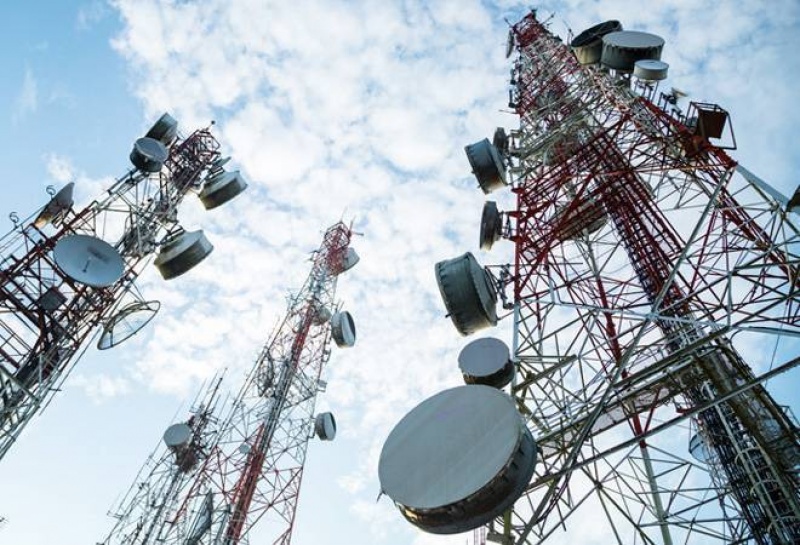
Mobile telecom operators have said they will take legal action against those who destroy their underground cables and disrupt communication services, leading to revenue losses and costly repair works.
Road works and other forms of construction work by property developers, farming activities, utility providers often lead to the digging up and destruction of fibre cables buried underground.
According to industry lobby the Telecoms Chamber, there were more than 2,200 fibre cuts across the country in 2018 – costing the telecom operators more than US$3million to fix and several hours in downtime for subscribers.
The figure, it said, shows there is an increase in the rate of the cuts, which means the telcos will have to spend more than double what they spent previously on fixing cuts. This also means subscribers are going to face more disruptions in their service.
“Service loss to customers causes incalculable damage to industry reputation and revenue loss to the state, and the network providers suffer from downtime. New measures, specifically legal actions, are therefore required against recalcitrant individuals who damage telecoms cables and infrastructure going forward,” Ken Ashigbey, CEO of the Ghana Telecoms Chamber, told the B&FT.
The cable cuts create network challenges such as call-drops, speech mutation, calls not going through, poor voice signals, and degraded user service quality and experience.
Money loss
According to the Chamber, in ensuring network improvement, service providers are faced with the challenge of replacing long spans of fibre to eliminate the damaged joints – and this comes at huge costs and extended time in restoring network outages.
Telcos spend on average GH¢17,000 cedis to repair every single cut on their network, costing the industry a monthly average of about GH¢3.4million.
Apart from the immediate cost of repair, there are also additional maintenance costs due to relocation requirements, as well as customer compensation.
Section 77 and 78 of the Electronic Communications Act 2008 (Act 775) criminalises fibre cuts, and the chamber argues that the time has come for an example to be made of some of those guilty of causing the fibre cuts.
Source: thebftonline.com

































